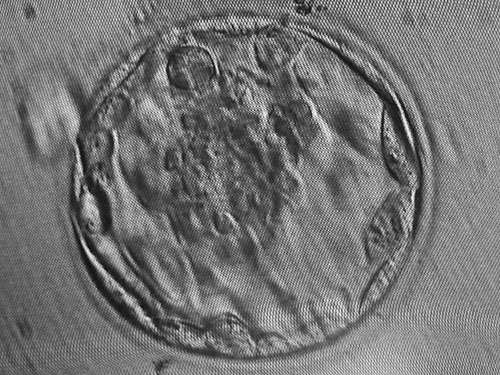 Culture & Ethics
Culture & Ethics
 Medicine
Medicine
Ethics and Embryo Research: Let the Promise-Breaking Begin (Again)
Over the last few decades, as I have debated issues of bioethics and biotech and observed the field, I have come to the conclusion that “the scientists” believe themselves entitled to do what they want, in the way they want — regardless of whether the population they claim to serve accept what they are doing as moral or right.
Gainsay this, and you are branded with the dreaded pejorative, “anti-science.” But expressing differences over ethics isn’t the same thing as opposing the method. Of course, scientists should have a very loud voice in determining the proper regulatory parameters in these areas. But theirs should not be the only voice. We all have a stake in such portentous issues.
To avoid true public oversight, scientific organizations go through the motions of holding ethics symposia, creating voluntary guidelines, and the like. And they may even agree to prohibit certain types of investigation. But there’s a cynical trick often deployed here. The areas they agree to constrain often are things that cannot yet be done.
Then, when research gets them to the point of being able to do the prohibited and once undoable, they break the promise and move the boundary line.
We see this dynamic playing out now in embryo research. During the last few decades, “the scientists” agreed to limit their experiments to embryos no farther along than 14 days. Of course, maintaining an embryo in a dish for longer that was not doable.
But now, with improving technology, arguments are being heard to extend the time to 24 days. From the story in The Guardian:
Later this week some of the world’s leading scientists will gather at University College London to debate a simple but highly controversial notion: that it is time to scrap the 14-day limit on embryo research. Thanks to recent scientific breakthroughs, researchers have reached a point where they can begin to think of experimenting on embryos up to 28 days in age.
The benefits for medical science would be considerable. As a result, many are pressing for the 14-day rule — which has been enshrined in British law for more than 25 years — to be replaced with one allowing research to be carried out on embryos that have lived for double that period.
And so the familiar song and dance begins. After 24 days, as technology improves, we will eventually see calls for one month. Then two. Then six.
Come to think of it, given the utilitarian ideological bent within the sciences and bioethics — evidenced by the call in some of the world’s most respected journals to permit live experimentation on people with PVS, and the fact that scientists previously conducted live fetal experimentation — I’m not sure I can predict what permanent line “the scientists” would ever agree never to cross when it comes to biotechnological experimentation on the unborn.
Image: Human blastocyst, by Harimiao (Own work) [CC BY-SA 3.0], via Wikimedia Commons.

